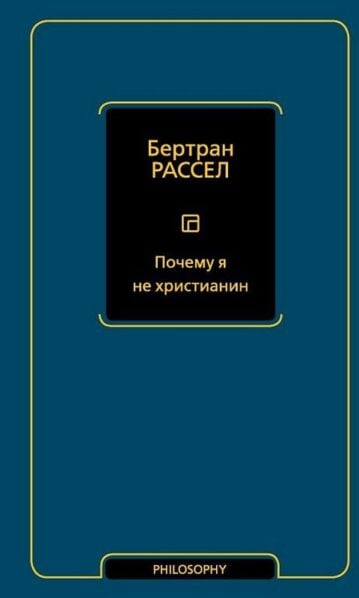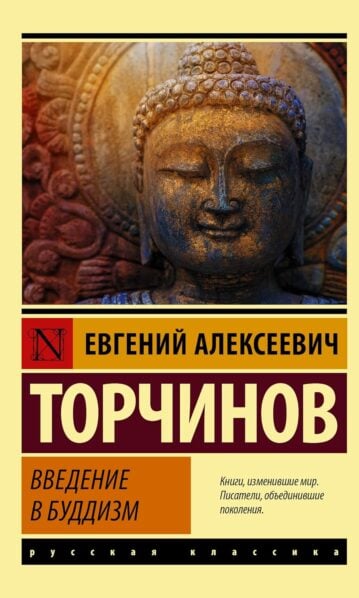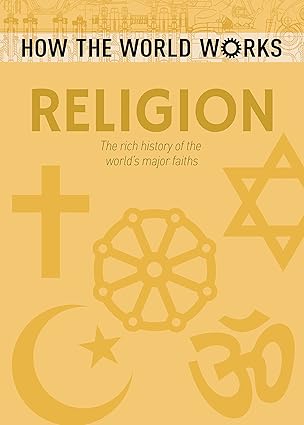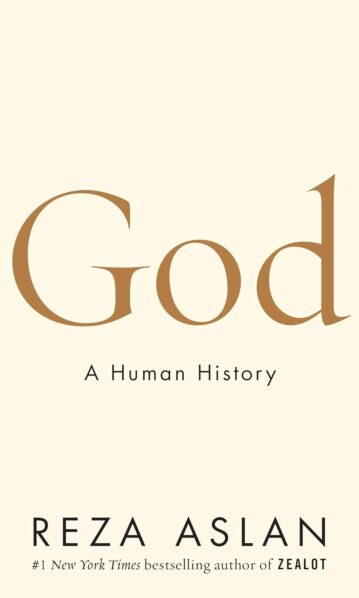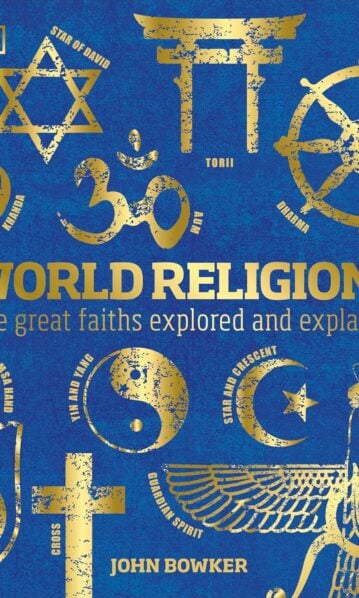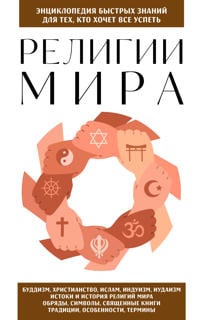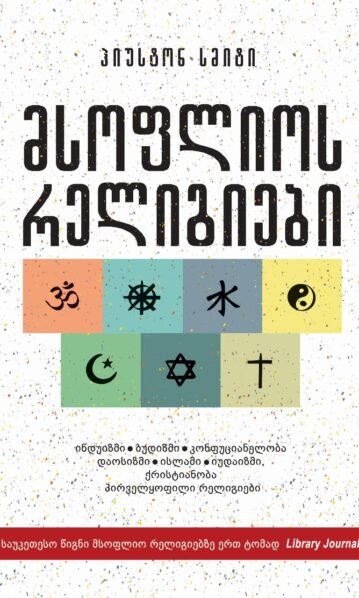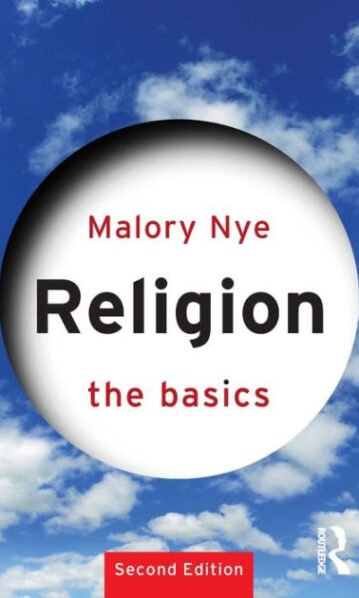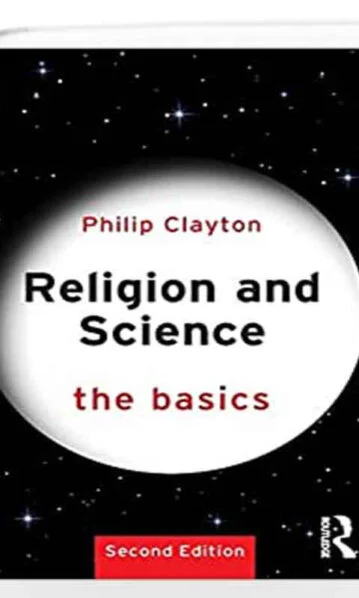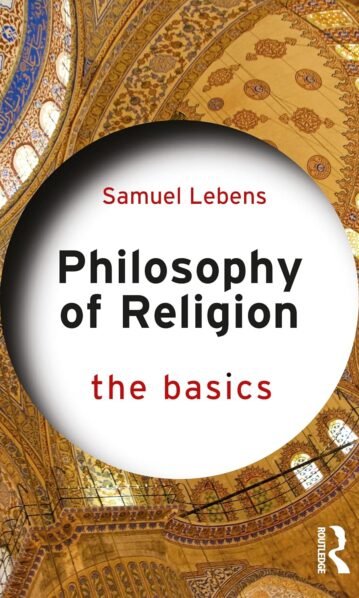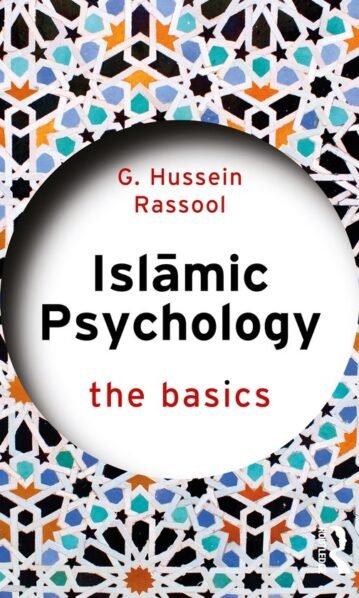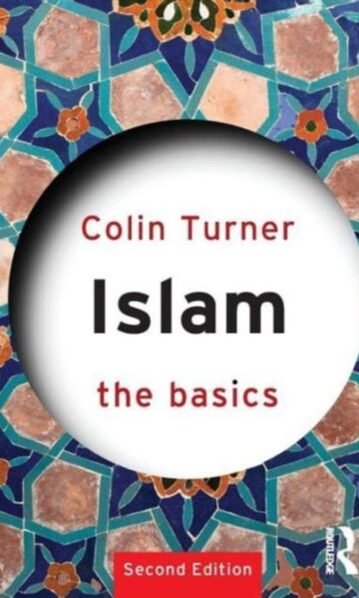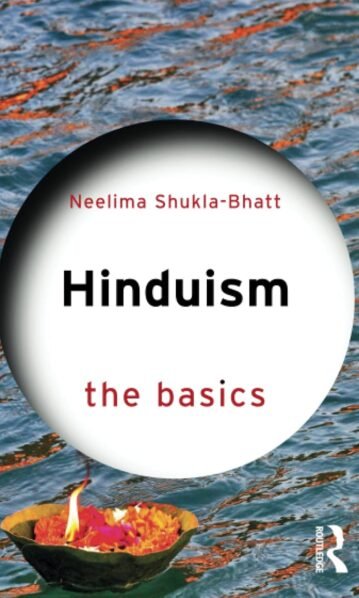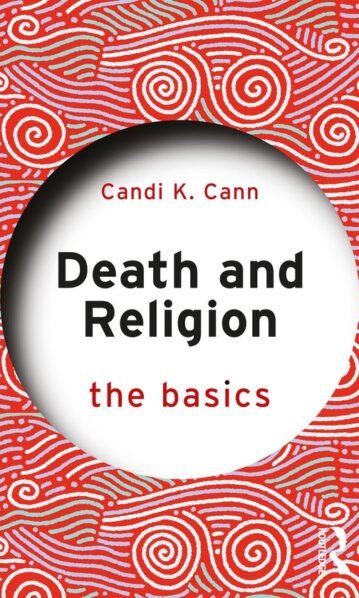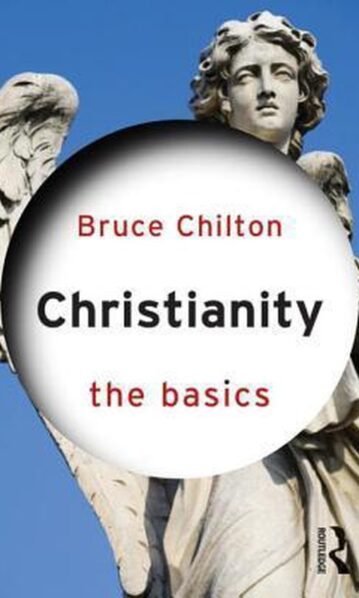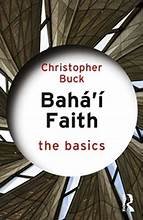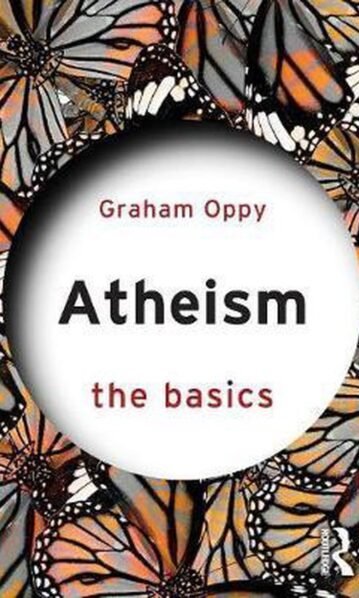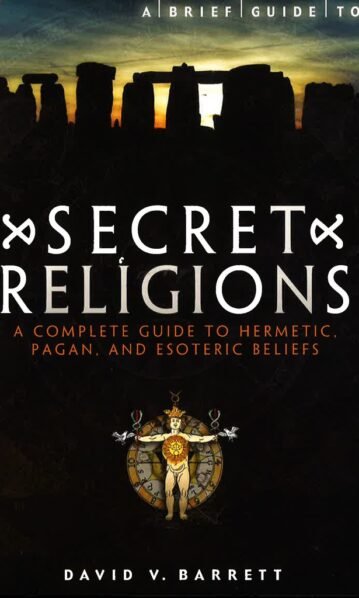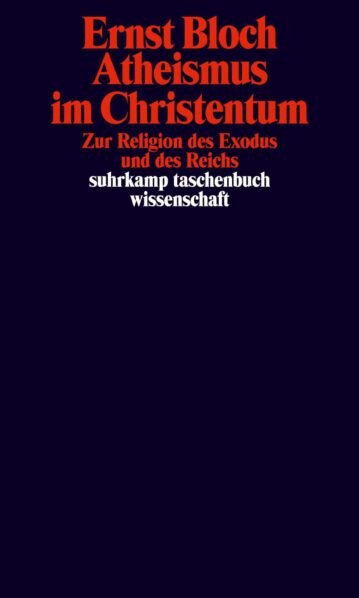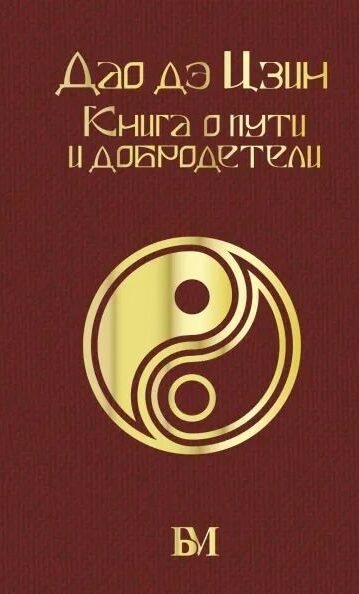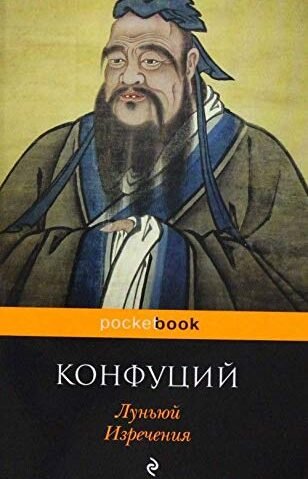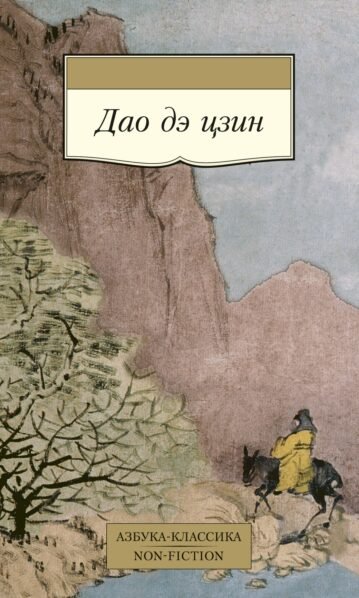რელიგია
Психология восточной религии
26,00 ₾Карл Густав Юнг (1875–1961) – швейцарский психолог, психотерапевт, философ, социолог и культуролог – один из выдающихся ученых ХХ столетия, ученик Зигмунда Фрейда, основоположник аналитической психологии и психотерапии, основатель и президент Швейцарского общества практической психологии.
Религиозная проблематика всегда была важной составляющей исследований Юнга. В настоящем сборнике представлены работы, в которых автор исследует психологические аспекты философии различных течений буддизма и индуизма, в том числе на основе тибетской «Книги Великого Освобождения», рассуждает о причинах популярности йоги на Западе, сравнивает понимание идей свободы и святости в восточной и западной традиции, рассматривает психологию восточной медитации.
Тибетская Книга мертвых
24,00 ₾Человек боится смерти. Но что так страшит его в этом естественном переходе в иную стадию существования? Не страх ли неизвестности?
«Тибетская Книга мертвых» («Бардо Тедол»), — одно из самых популярных на Западе произведений буддизма, которое исследовал и комментировал сам Карл Густав Юнг, — посвящена тому, как человеку безмятежно принять процесс умирания и что затем происходит с душой. Как быть спокойным в процессе умирания? Как распознать собственное «я» при переходе в новую, посмертную реальность? И почему размышления о конце жизни, во всех ее духовных аспектах, ведут к освобождению от страха перед ним, очищая и оздоравливая личность?
Смерть и жизнь после нее — вечно важные вопросы для человека. А потому «Тибетская Книга мертвых», написанная, согласно преданию, еще в VIII веке, остается актуальной и интересной для читателя и в наши дни.
The Bible: The Basics
72,00 ₾The Bible: The Basics is an accessible and engaging introduction to the Bible as both a sacred text. central to the faith of millions. and a classic work of Western literature. containing a tapestry of genres. voices. perspectives. and images. This guide skilfully addresses both aspects of the Bible’s character by exploring:
the rich variety of literary forms. from poetry to prophecy and epistles to apocalypses;
the historical. geographic. and social context of the Bible;
contemporary attitudes to the Bible held by believers and non-believers;
the status of biblical interpretation today.
The second edition has been updated throughout and includes maps and detailed suggestions for further reading. This is an ideal starting point for people of any faith. or none. who are studying the Bible in any setting or who simply want to know more about the best-selling book of all time.
Religion: The Basics
72,00 ₾From the local to the global level. religion is – more than ever – an important and hotly debated part of modern life in the twenty-first century.
From silver rings to ringtones and from clubs to headscarves. we often find the cultural role and discussion of religion in unexpected ways.
Now in its second edition. Religion: The Basics remains the best introduction to religion and contemporary culture available. The new edition has been fully revised and updated. and includes new discussions of:
the study of religion and culture in the twenty-first century
texts. films and rituals
cognitive approaches to religion
globalization and multiculturalism
spirituality in the West
popular religion.
With new case studies. linking cultural theory to real world religious experience and practice. and guides to further reading. Religion: The Basics is an essential buy for students wanting to get to grips with this hotly debated topic.
Religion and Science: The Basics
72,00 ₾Religion and science are arguably the two most powerful social forces in the world today. But where religion and science were once held to be compatible. many people now perceive them to be in conflict. This unique book provides the best available introduction to the burning debates in this controversial field. Examining the defining questions and controversies. renowned expert Philip Clayton presents the arguments from both sides. asking readers to decide for themselves where they stand:
• science or religion. or science and religion?
• history and philosophy of science
• the role of scientific and religious ethics – modifying genes. extending life. and experimenting with human subjects
• religion and the environmental crisis
• the future of science vs. the future of religion.
Thoroughly updated throughout. this second edition explores religious traditions from around the world and provides insights from across the sciences. making this book essential reading for all those wishing to come to their own understanding of some of the most important debates of our day.
Philosophy of Religion: The Basics
72,00 ₾This book introduces students and other interested readers to the philosophy of religion―a vibrant and growing field of academic philosophy. Readers will be guided through an exploration of classic and contemporary arguments for and against theism. In addition to this crucial. but standard fare. this book looks to probe deeper into the nature and value (or dis-value) of religion itself. Philosophy of religion is becoming more diverse. both in terms of the religious traditions it examines. and the issues that it addresses. This book reflects that fact. engaging with religious traditions from Quakerism to Jainism. Questions and topics covered include:
What is religion?
What philosophical problems arise for the practices of prayer. worship. and meditation?
How might multiple religions co-exist in peace?
If there’s a God. would it be the sort of thing that language could describe?
When and how might it be rational to wager that a particular religion is true?
With a glossary of key terms and suggestions for further reading. Philosophy of Religion: The Basics is an ideal starting point for anyone seeking a lively and accessible foray into the study of religion or philosophy.
Judaism: The Basics
69,00 ₾The oldest of the world’s major faiths. Judaism as practiced today represents a tradition that goes back nearly 6.000 years. Accessible and wide-ranging. Judaism: The Basics is a must-have resource covering the stories. beliefs and expressions of that tradition.
Key topics covered include:
the Torah
Israel – the state and its people
Passover
Reform Judaism. Orthodox Judaism and Zionism
the impact of the Holocaust.
With a glossary of terms and extensive suggestions for further reading. Judaism: The Basics is an essential guide through the rich intricacies of the Jewish faith and people.
Islamic Psychology
62,00 ₾Islamic Psychology: The Basics is a jargon-free and accessible introduction that explores psychology from an Islāmic perspective. and provides a foundation level overview of the fundamental principles and practices of Islāmic psychology. The book introduces concepts. models. approaches. themes. and theories you need to know to study the mind. soul. and behaviour based on Islāmic scripture.
Offering an overview of Islāmic psychology and what Islāmic psychologists do. chapters address key topics including the history of the evolution of the science of the soul. and the psychology of human behaviour and experiences. Rassool examines the concepts of the Fitrah. the Nafs (Self). the Aql (Intellect). the Rūḥ (Soul) the Qalb (Heart). and the concept of Islāmic healing and spiritual interventions. Other themes include the Qur’an and psychology. models and approaches in Islāmic psychology. interpreting Islāmic psychology for modern times. and the contemporary scope of the practice of Islāmic psychology.
Outlining the challenges and solutions of the development of Islāmic psychology and potential future trends. and including features to aid learning. this is the ideal introductory book for students in Psychology. Islāmic Psychology. and Islāmic Studies. as well as professionals including counsellors and therapists. and anyone interested in psychology from an Islāmic perspective.
Islam: The Basics
72,00 ₾Now in its second edition. Islam: The Basics provides an introduction to the Islamic faith. examining the doctrines of the religion. the practises of Muslims and the history and significance of Islam in modern contexts. Key topics covered include:
the Qur’an and its teachings
the life of the Prophet Muhammad
gender. women and Islam
Sufism and Shi’ism
Islam and the western world
non-Muslim approaches to Islam.
With updated further reading. illustrative maps and an expanded chronology of turning points in the Islamic world. this book is essential reading for students of religious studies and all those new to the subject of Islam.
Hinduism: The Basics
55,00 ₾Hinduism: The Basics introduces readers to the third largest. and arguably the oldest. living religious tradition. It opens a vista into the rich and dynamic ethos of the Hindu religious tradition in India and other parts of the world. The book explores the variety of philosophical schools. priestly rituals. and popular practices common in the Hindu faith. presenting the layered diversity of its traditions and how they function in everyday life.
Chapters unpack key concepts from the tradition and discussions about its various aspects. including:
The historical development of Hinduism
Religious practices such as pilgrimage. meditation. and life cycle rituals
The organisation of Hindu society into castes and related social justice issues
The spread of Hinduism around the world. the rise of Hindu nationalism. and other challenges of modernity
The continuum between sacred texts in both elite Sanskrit and in South Asian vernacular languages
Hindu worldviews including karma. reincarnation. and ethics
The vitality of indigenous cultures in every form of Hinduism
Featuring glossaries. timelines. suggestions for further reading. and a list of key deities as well as practices. this is an ideal introduction to Hindu beliefs and traditions for undergraduates and others new to the study of Hinduism.
Death and Religion: The Basics
62,00 ₾Death and Religion: The Basics provides a thorough and accessible introduction to dying. death. grief. and conceptions of the afterlife in world religions.
It leads readers through considerations of how we understand meanings of death and after-death. and the theories and practices attached to these states of being. with recourse to various religious worldviews: Judaism. Islam. Christianity. Hinduism. Sikhism. Buddhism. Chinese Religions. and Native American belief systems. This inter-religious approach provides a rich. dynamic survey of varying and evolving cultural attitudes to death. Topics covered include:
Religious perspectives of “the good death”
Grief. bereavement. and mourning
Stages and definitions of death
Burial. cremation. and disposition
Remembrance rituals
Religious theories of the afterlife
Death and technology
Featuring a glossary. suggestions for further reading in each chapter and key terms. this is the ideal text for students approaching the intersection of death and religion for the first time. and those in the fields of religious studies. thanatology. anthropology. philosophy. and sociology.
Christianity: The Basics
72,00 ₾Christianity: The Basics is a compelling introduction to both the central pillars of the Christian faith and the rich and varied history of this most global of global religions. This book traces the development of Christianity through an exploration of some of the key beliefs. practices and emotions which have been recurrent symbols through the centuries:
Christ. the kingdom of heaven and sin
Baptism. Eucharist and prayer
Joy. divine union and self denial
Encompassing the major epochs of Christian history and examining the unity and divisions created by these symbols. Christianity: The Basics is both a concise and comprehensive introduction to the Christian tradition.
Buddhism: The Basics
69,00 ₾Buddhism: The Basics provides a thorough and accessible introduction to a fascinating religion. Examining the historical development of Buddhism and its presence today. this guide covers:
principal traditions
practices and beliefs
ethical guidelines and philosophy
religious texts
community
With helpful features including a detailed map of the Buddhist world. glossary of terms and tips for further study. this is an ideal text for students and interested readers wanting to familiarise themselves with the Buddhist faith.
Cathy Cantwell is an academic researcher at the Oriental Institute. University of Oxford. She specialises in Tibetan Buddhism. and has worked on eleventh century manuscripts. an eighteenth century scriptural collection. and contemporary Buddhist ritual manuals and practice. She has taught widely in UK Higher Education and is joint author of Early Tibetan Documents on Phur pa from Dunhuang.
Baha’i Faith: The Basics
69,00 ₾Bahá’í Faith: The Basics provides a thorough and accessible introduction to a fascinating. independent world religion. Examining its historical development. current “community-building” efforts and the social contributions of the Bahá’í Faith in the world today. this introduction covers:
Beliefs: Bahá’í spiritual teachings
Principles: Bahá’í social teachings
History: Bahá’u’lláh and his covenant.
Scripture: Bahá’í sacred texts and inspired guidance
Institutions: The Bahá’í Administrative Order
Building community: What Bahá’ís do
Social action: Bahá’í social and economic development projects
Public discourse: The Bahá’í International Community
Vision: Foundations for a future golden age
With features including a glossary of terms. and references to the Bahá’í writings throughout. this is the ideal text for students and interested readers wanting to familiarize themselves with the Bahá’í Faith.
Atheism: The Basics
72,00 ₾Atheism: The Basics is a concise and engaging introduction to belief in the non-existence of deities. Atheism has long fascinated people but debate around this controversial position may seem daunting. In this lively and lucid book. Graham Oppy addresses the following important questions:
• What does it mean to be an atheist?
• What is the difference between atheism. agnosticism. theism and innocence?
• How has atheism been distributed over time and place?
• What does science tell us about atheism?
• Are there good reasons to be an atheist?
• Are there good reasons not to be an atheist?
• What do we mean by ‘new atheism’?
With a glossary of key terms and suggestions for further reading throughout. the book considers key philosophical arguments around atheism. making this an ideal starting point for anyone seeking a full introduction to the arguments between those who hold atheistic beliefs and those who do not.
Chinese Alchemy
29,00 ₾Here in one slender volume is a basic introduction to Chinese alchemy–a tradition that dates back 5,000 years. Chinese alchemy, largely associated with Taoism, has a recorded history of more than 2,000 years, but traditionally it goes back even further to nearly 3000 BC and the time of the Yellow Emperor. While Western alchemy was concerned with the search for spiritual and material gold, classic Taoist alchemy was a mystical quest for immortality with its aim being union with the Absolute. Jean Cooper describes the history and development of Taoist alchemy, compares it to similar traditions in India and Turkistan, and gives it context by contrasting it with the rationale of the Western hermetic tradition. As she writes in her concluding The whole work of alchemy is summed up in the phrase “To make of the body a spirit and of the spirit a body”. . . . The goal of the Taoist alchemist-mystic was transformation, or perhaps more correctly, transfiguration, of the whole body until it ceases to “be” and is absorbed into and becomes the Tao. This is an essential guide for anyone interested in Chinese legend and lore, Chinese magic and medicine, and Taoism.


